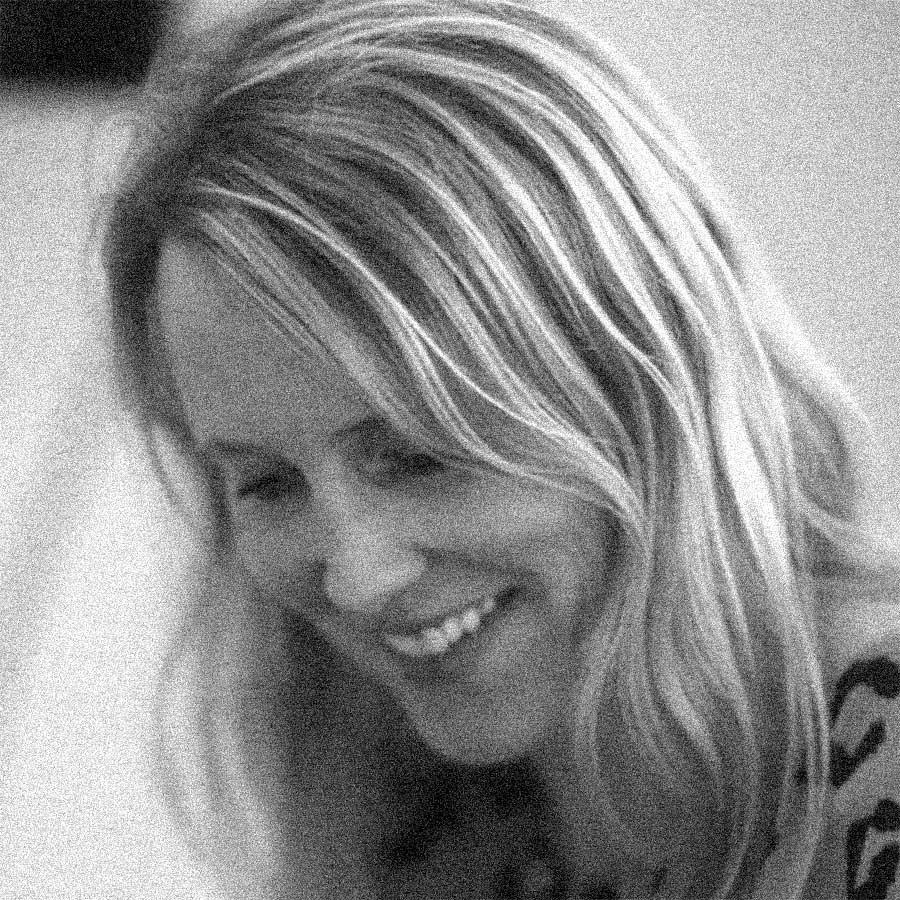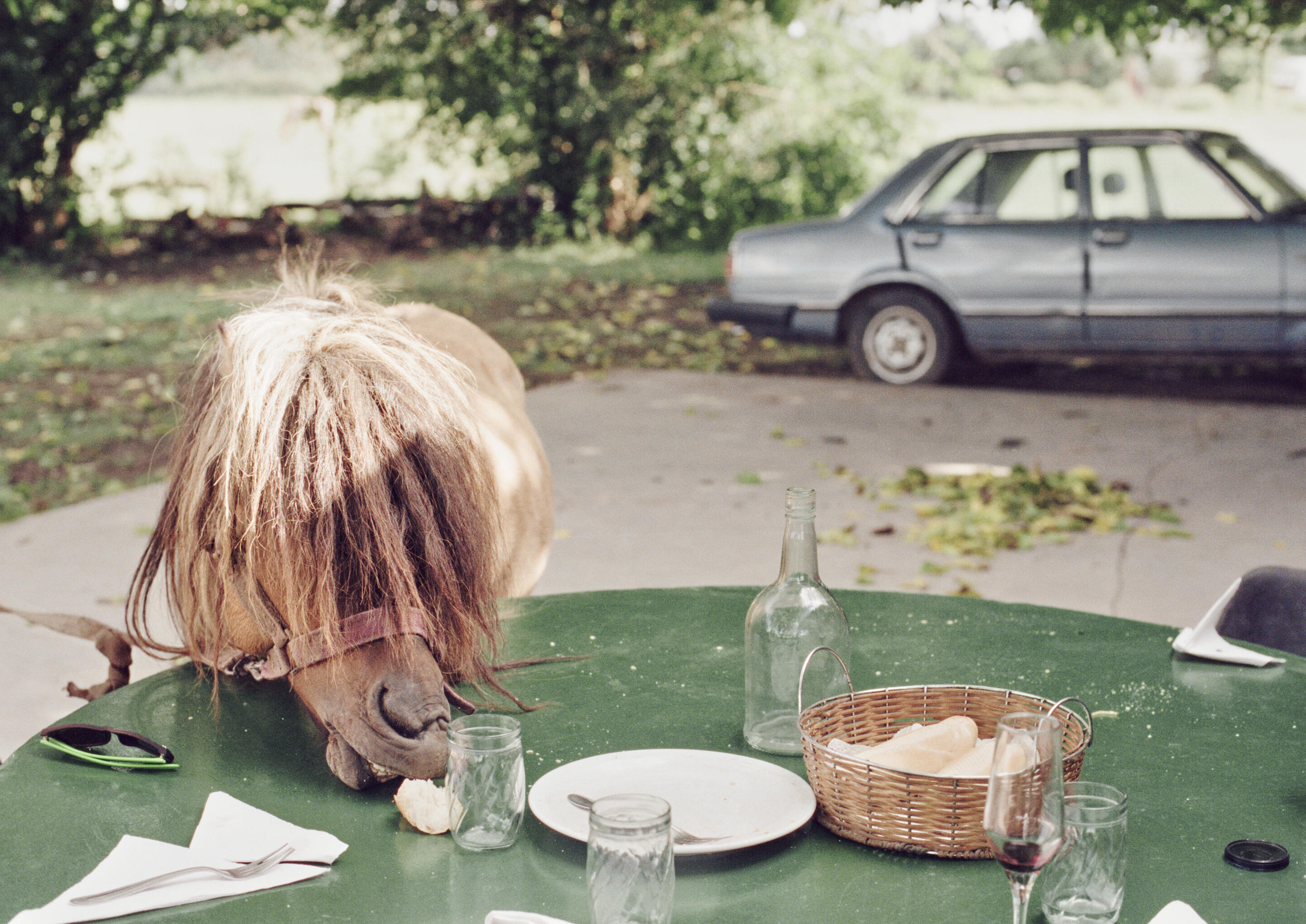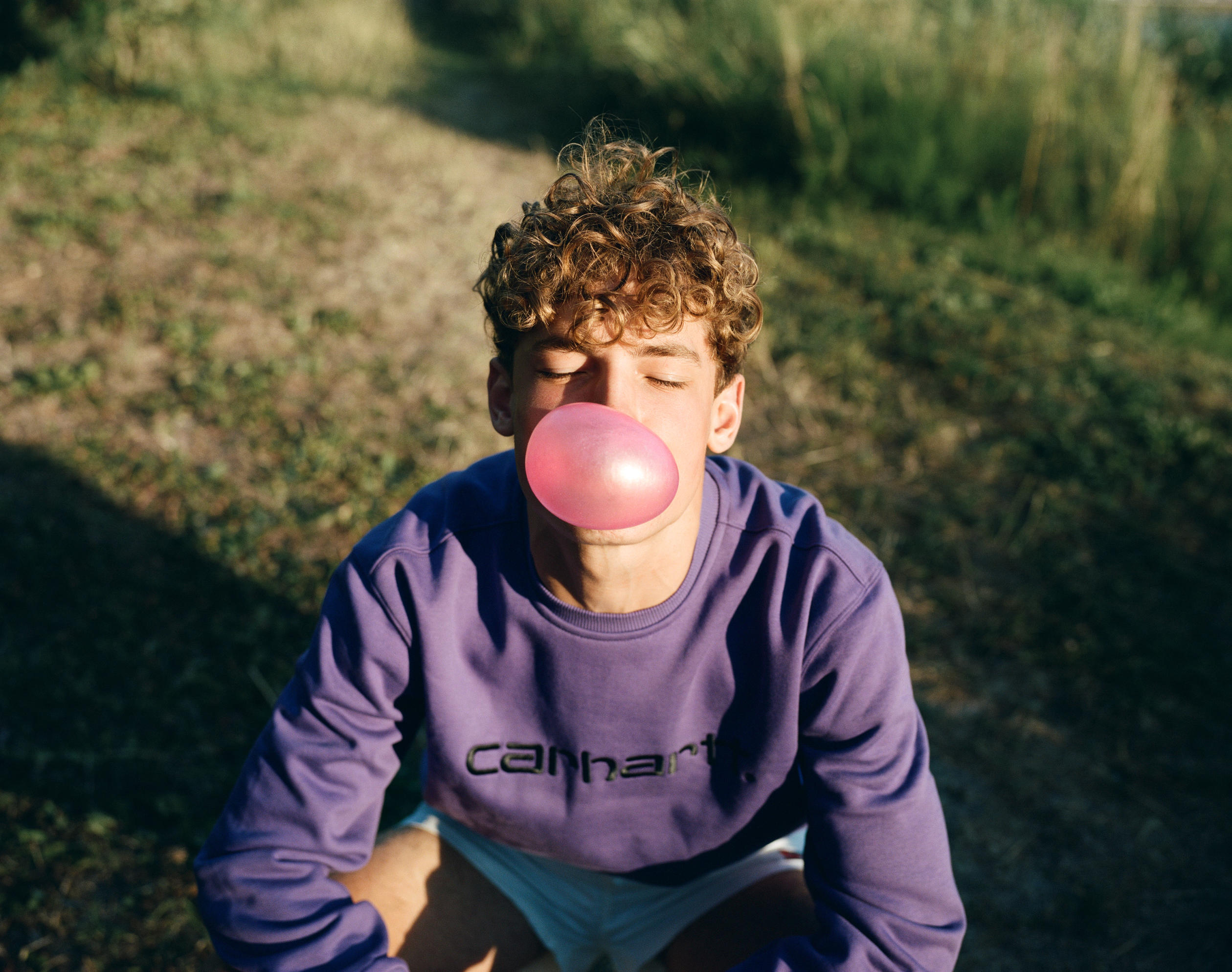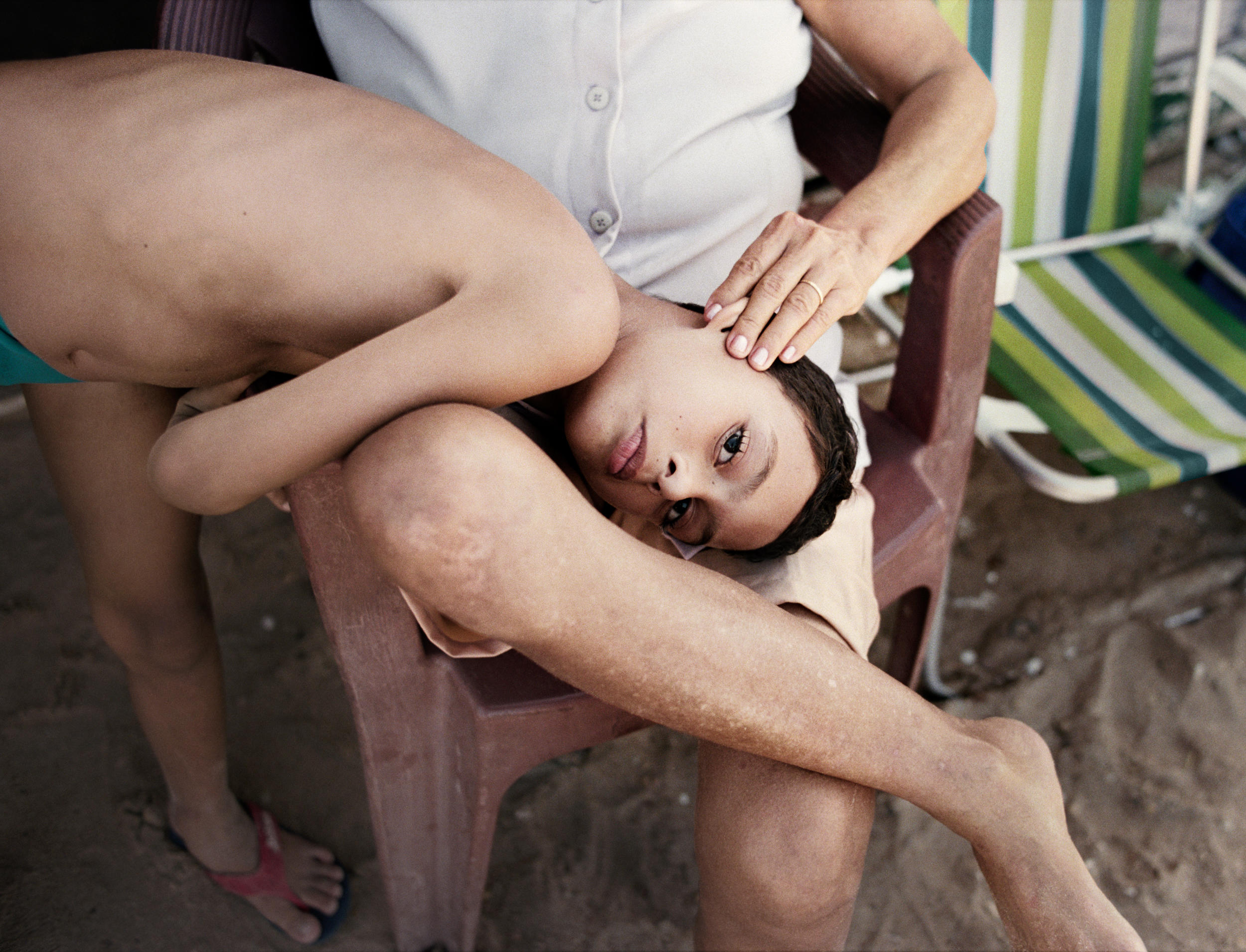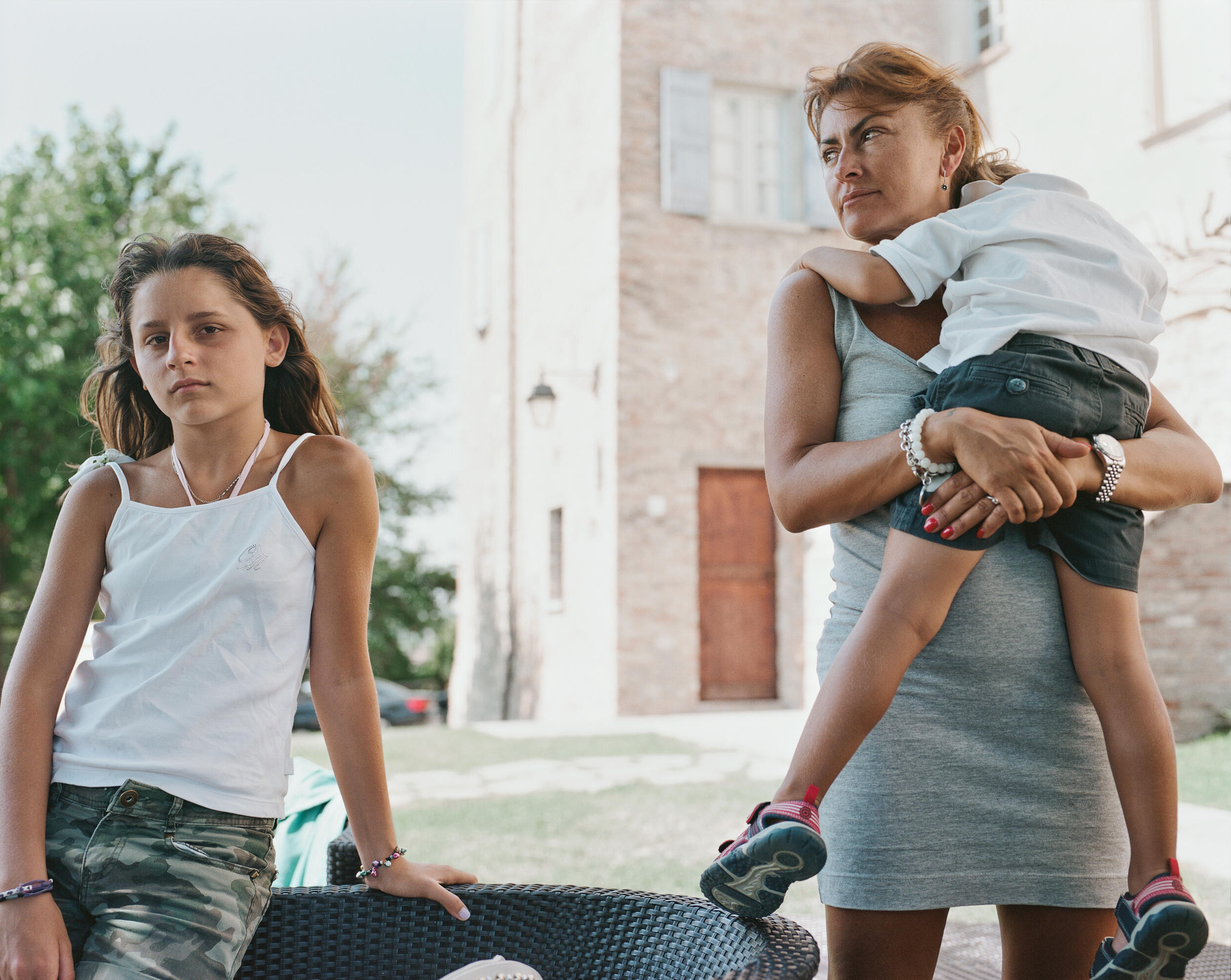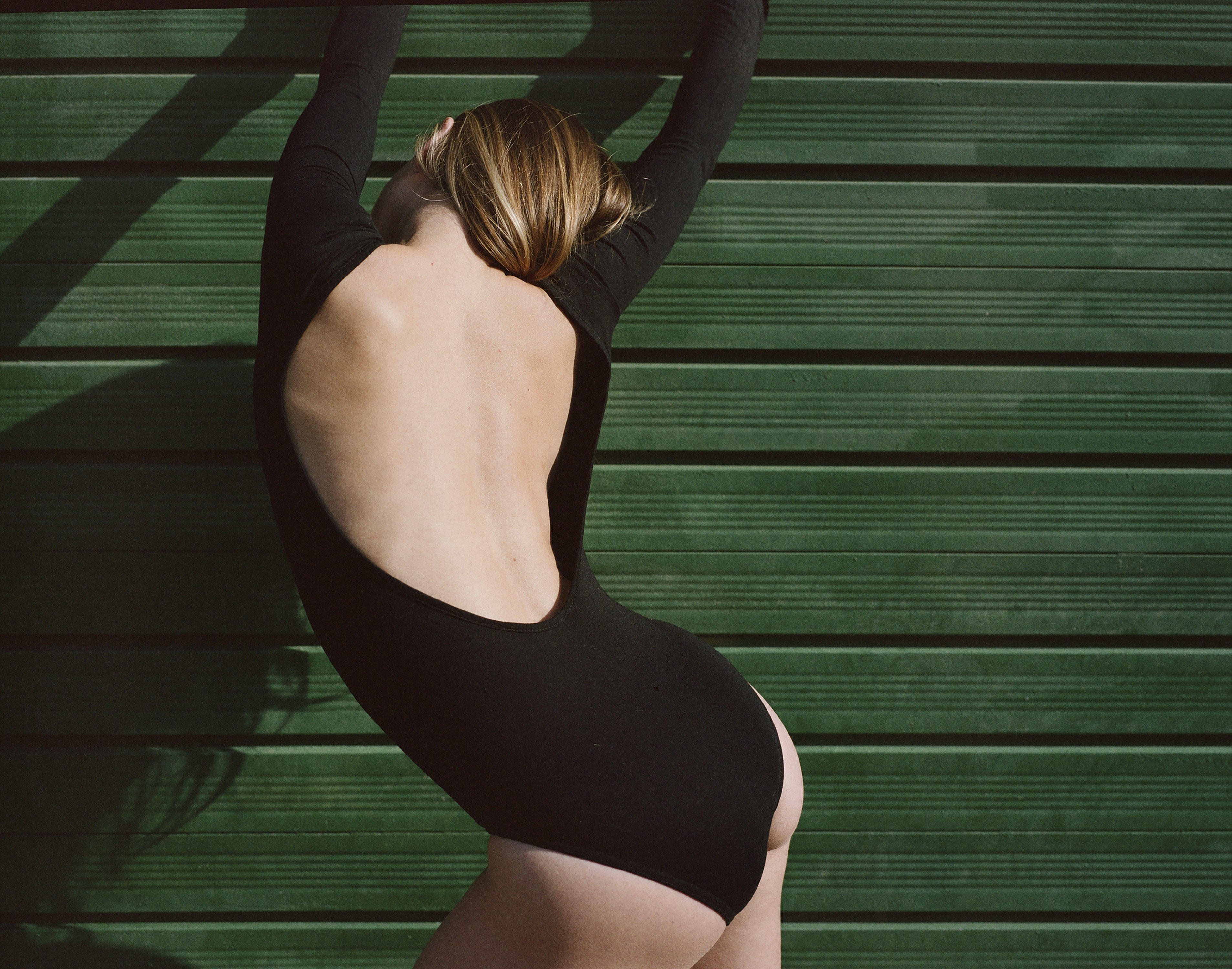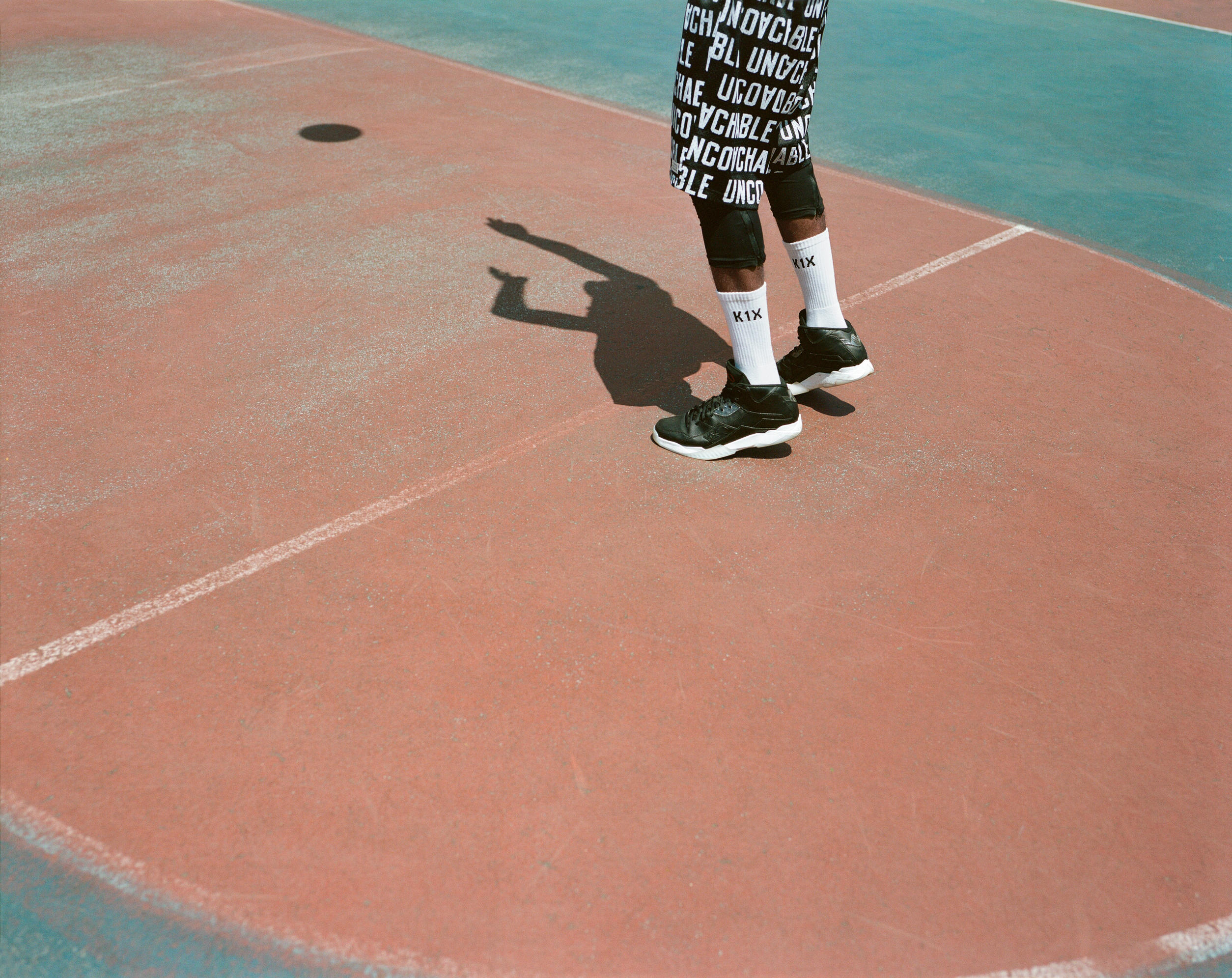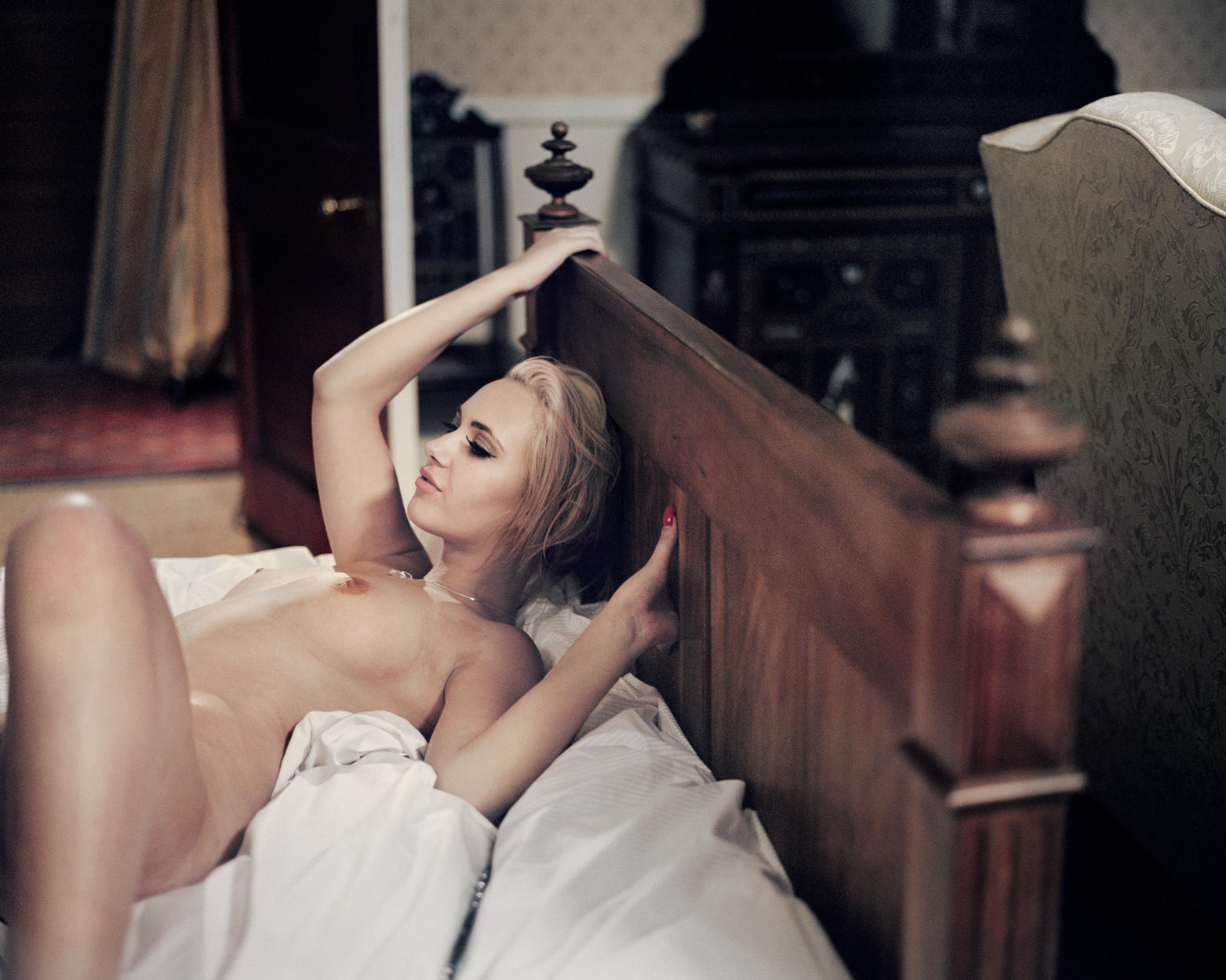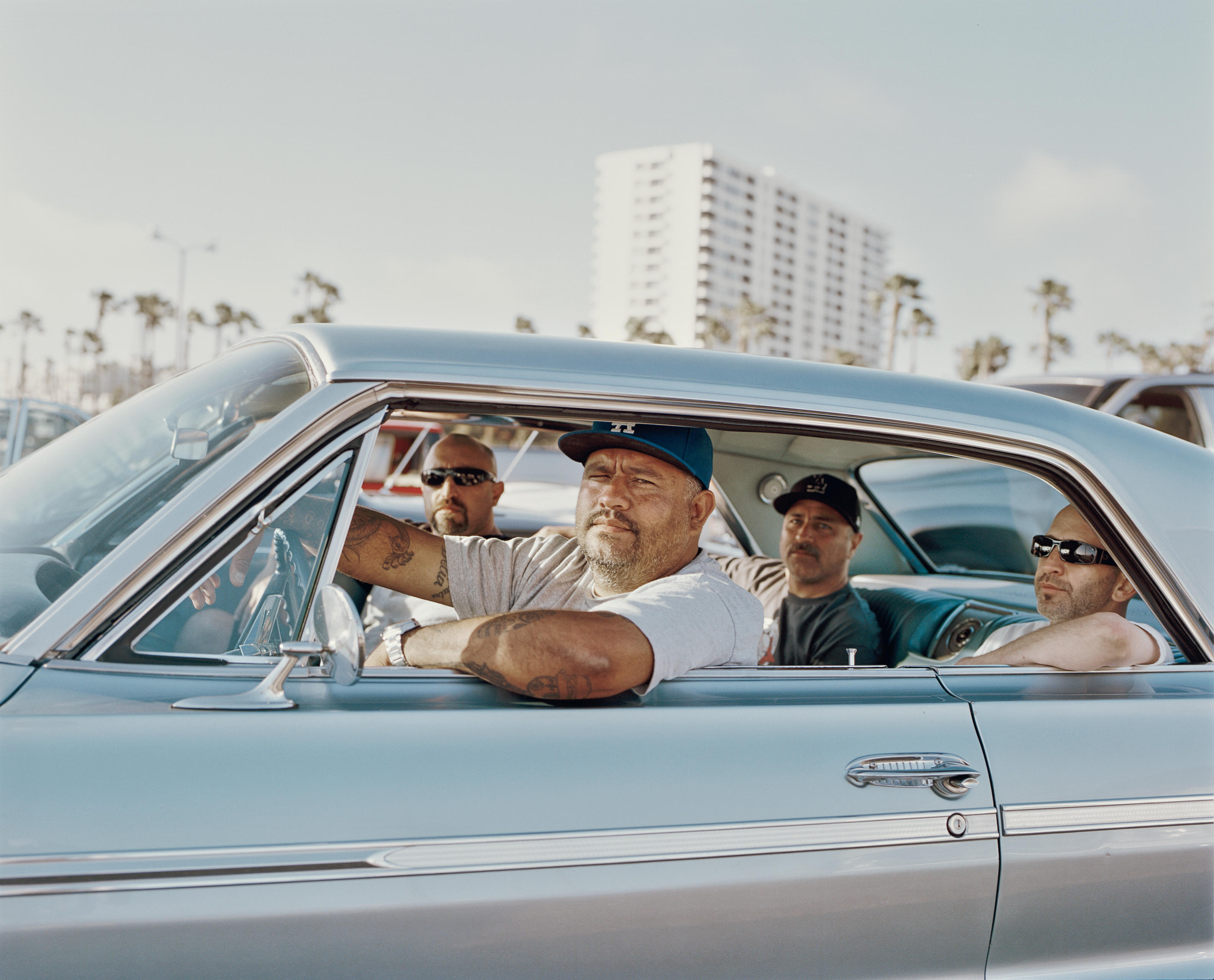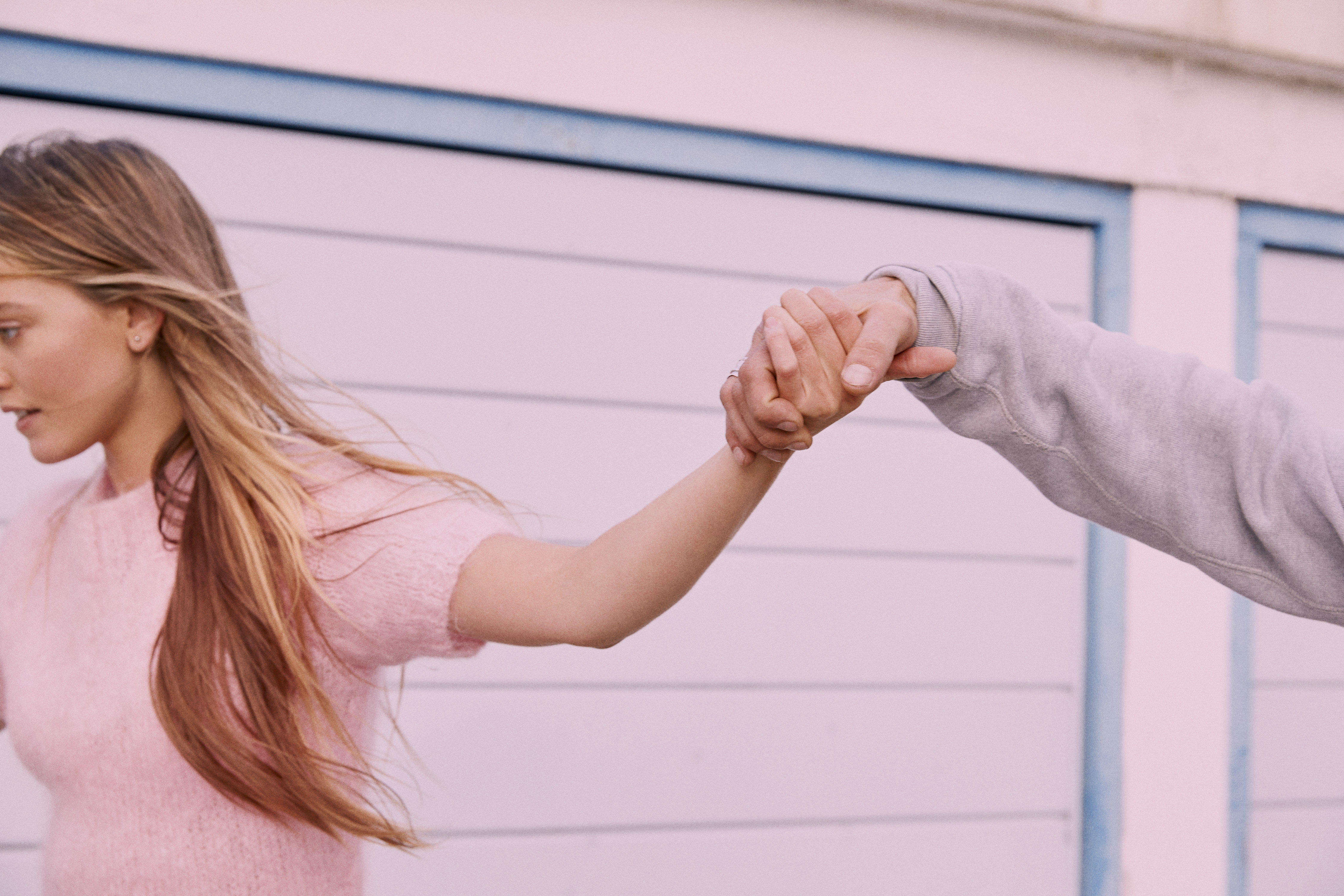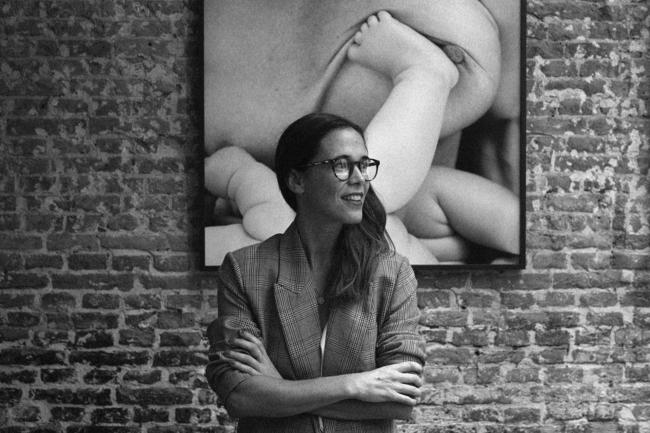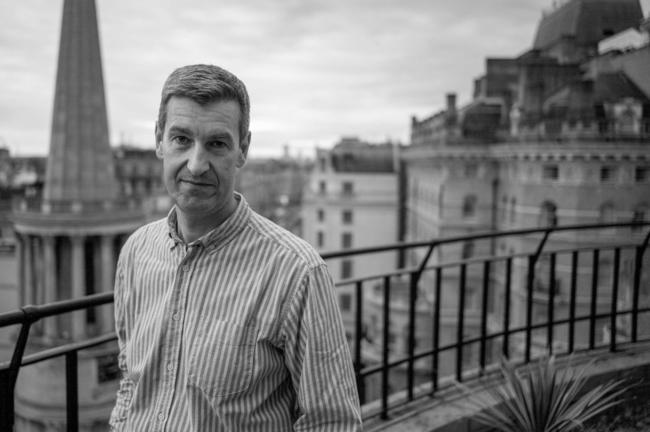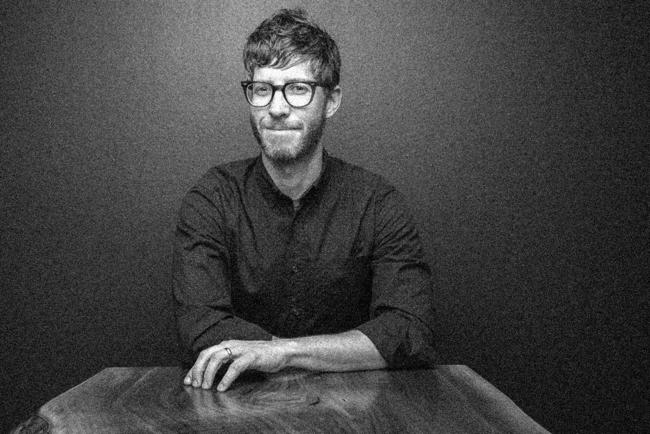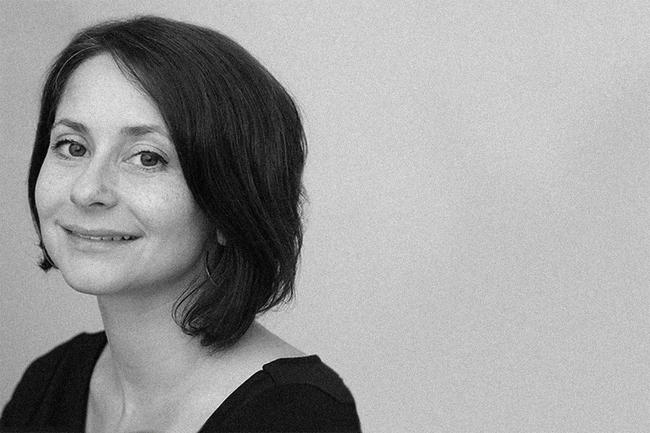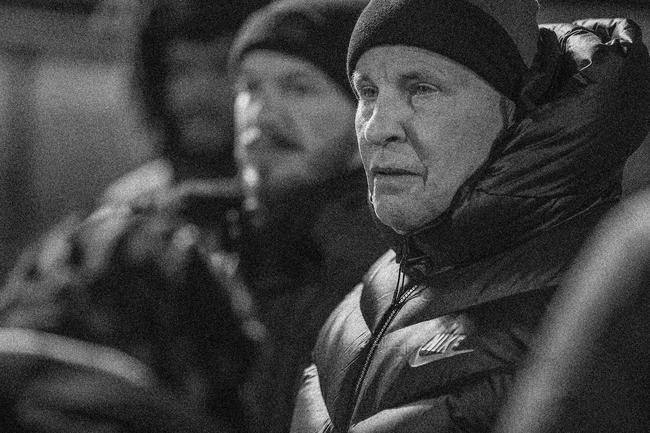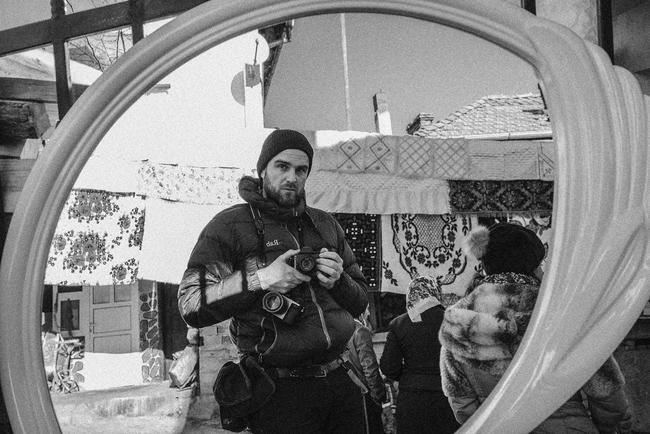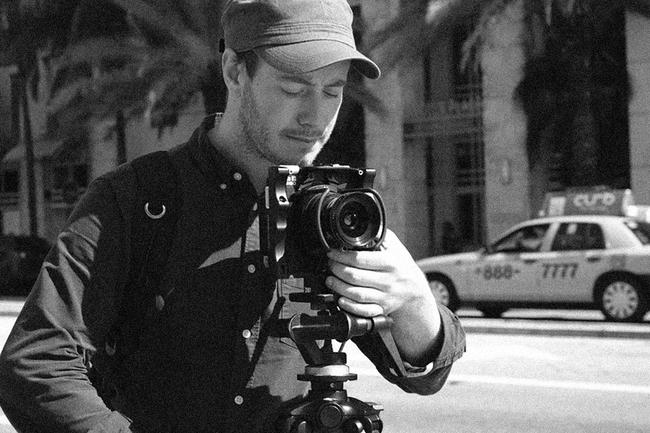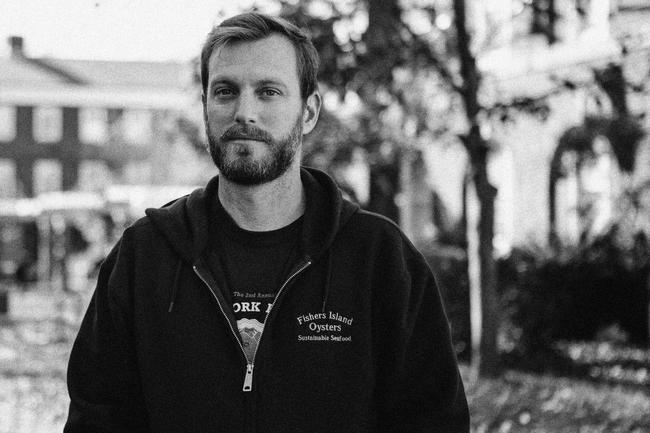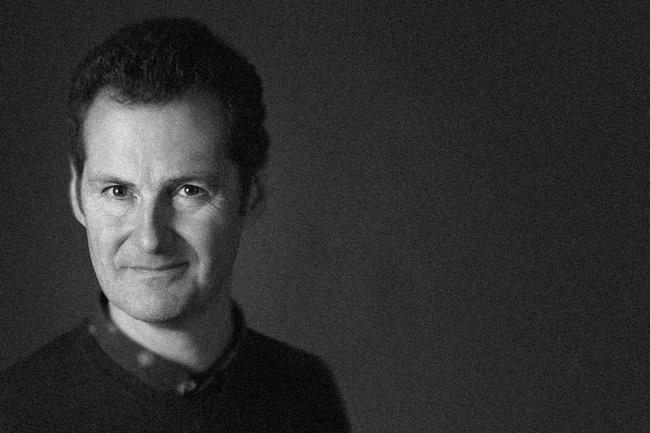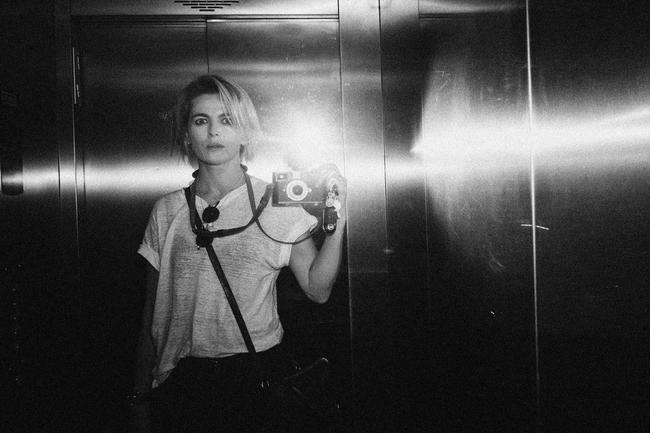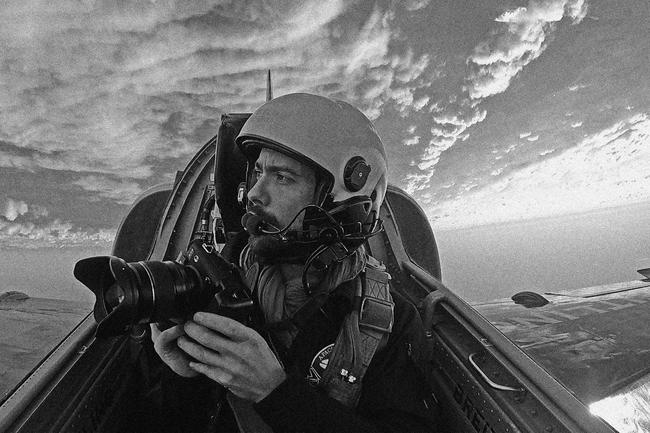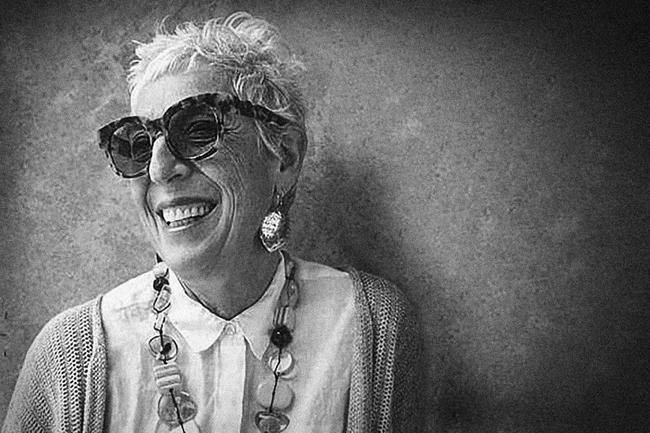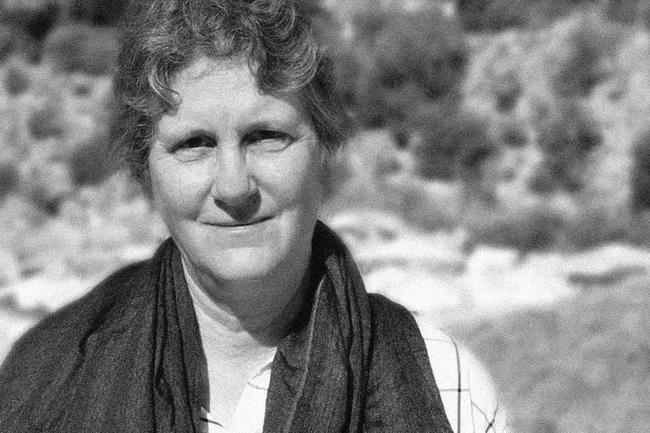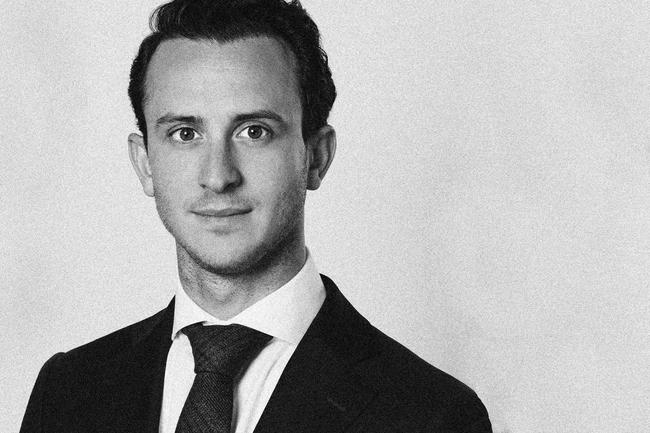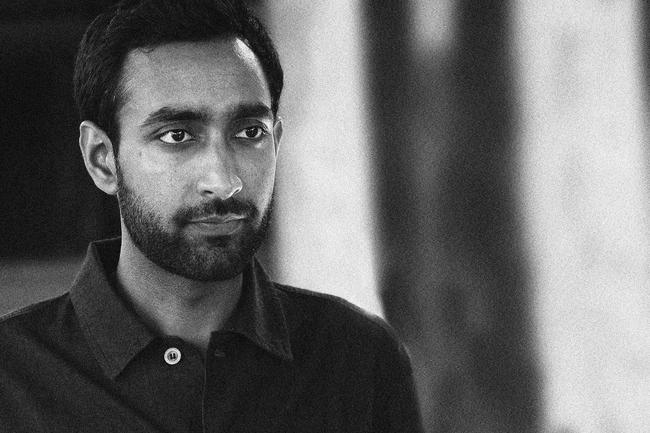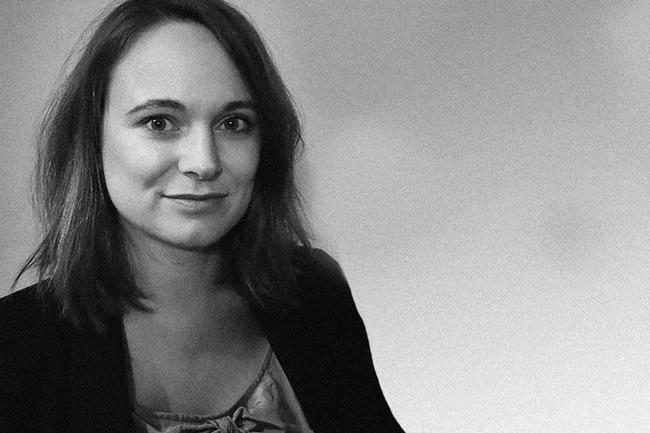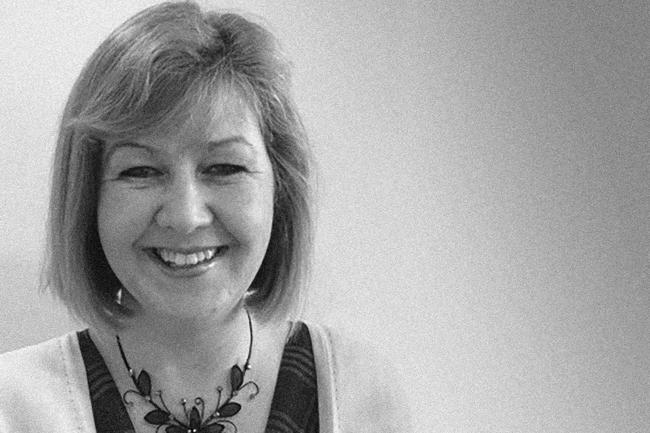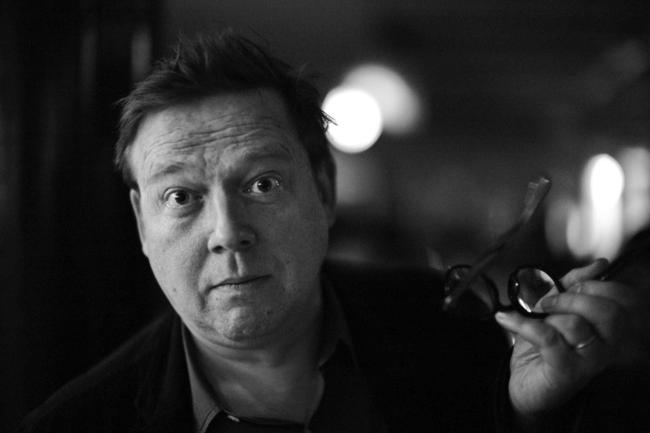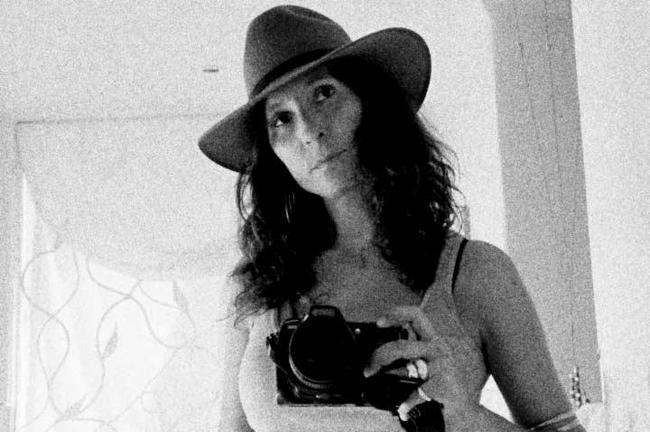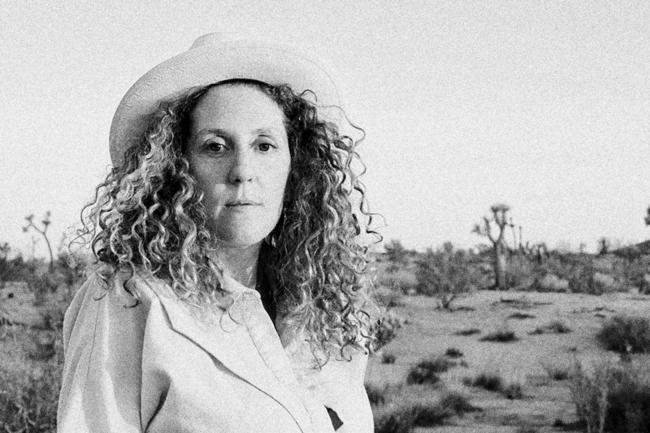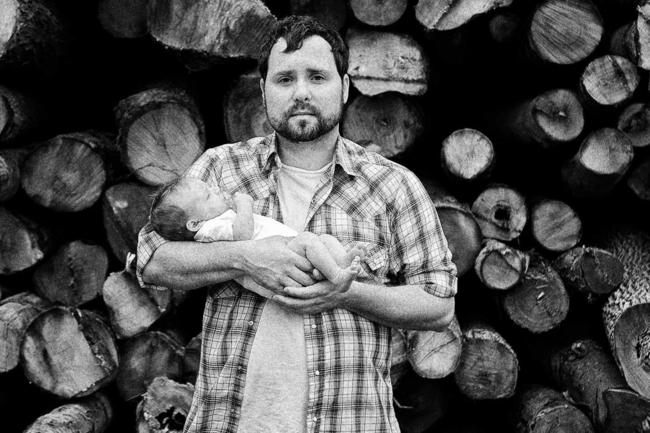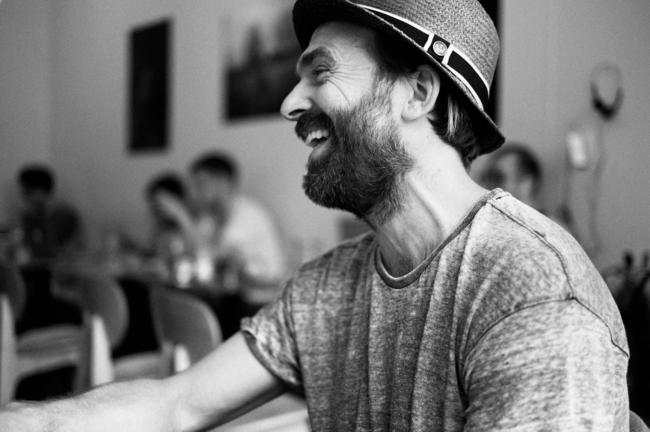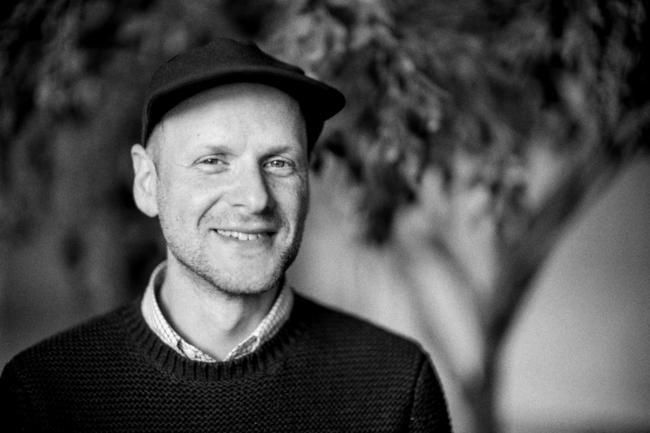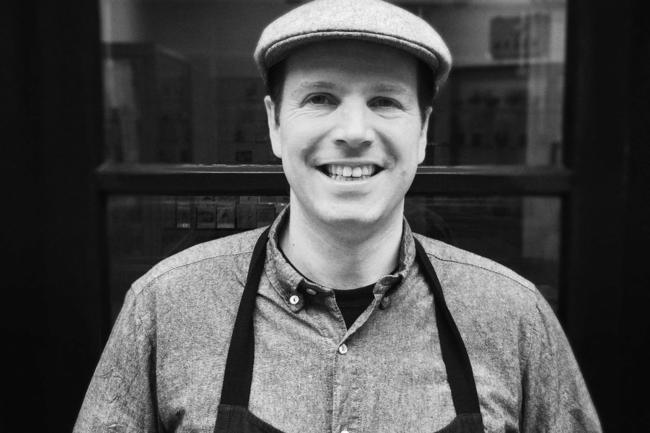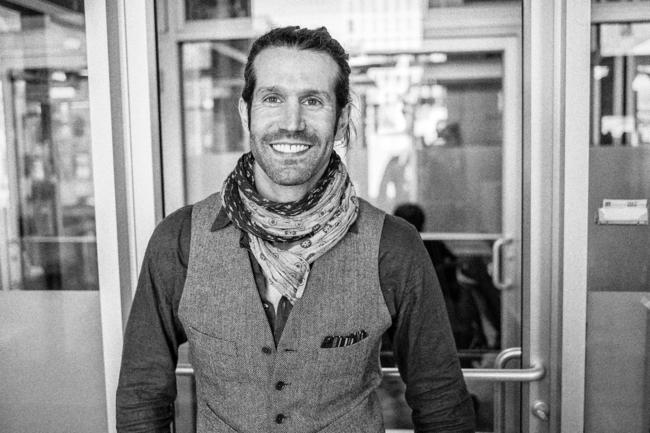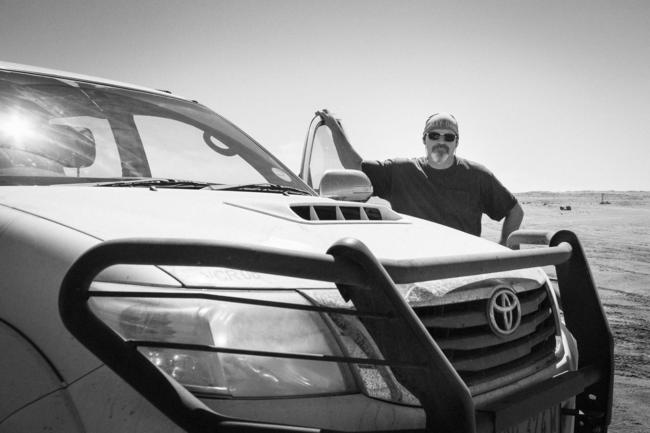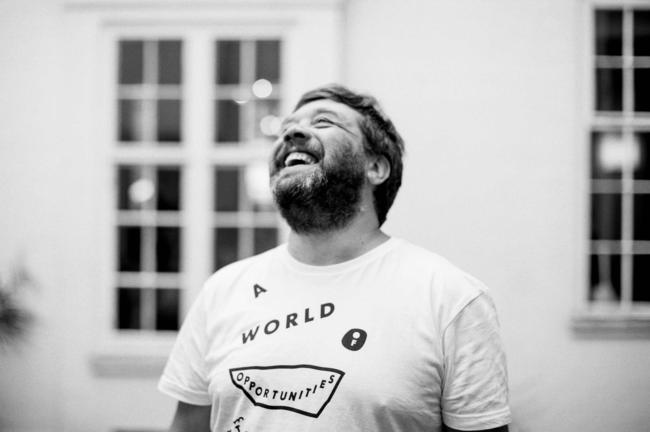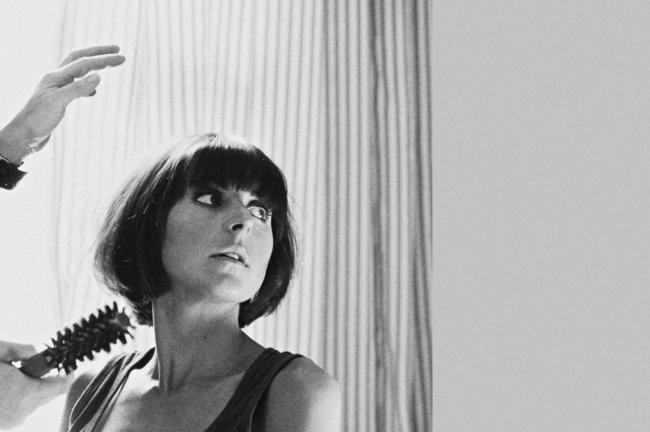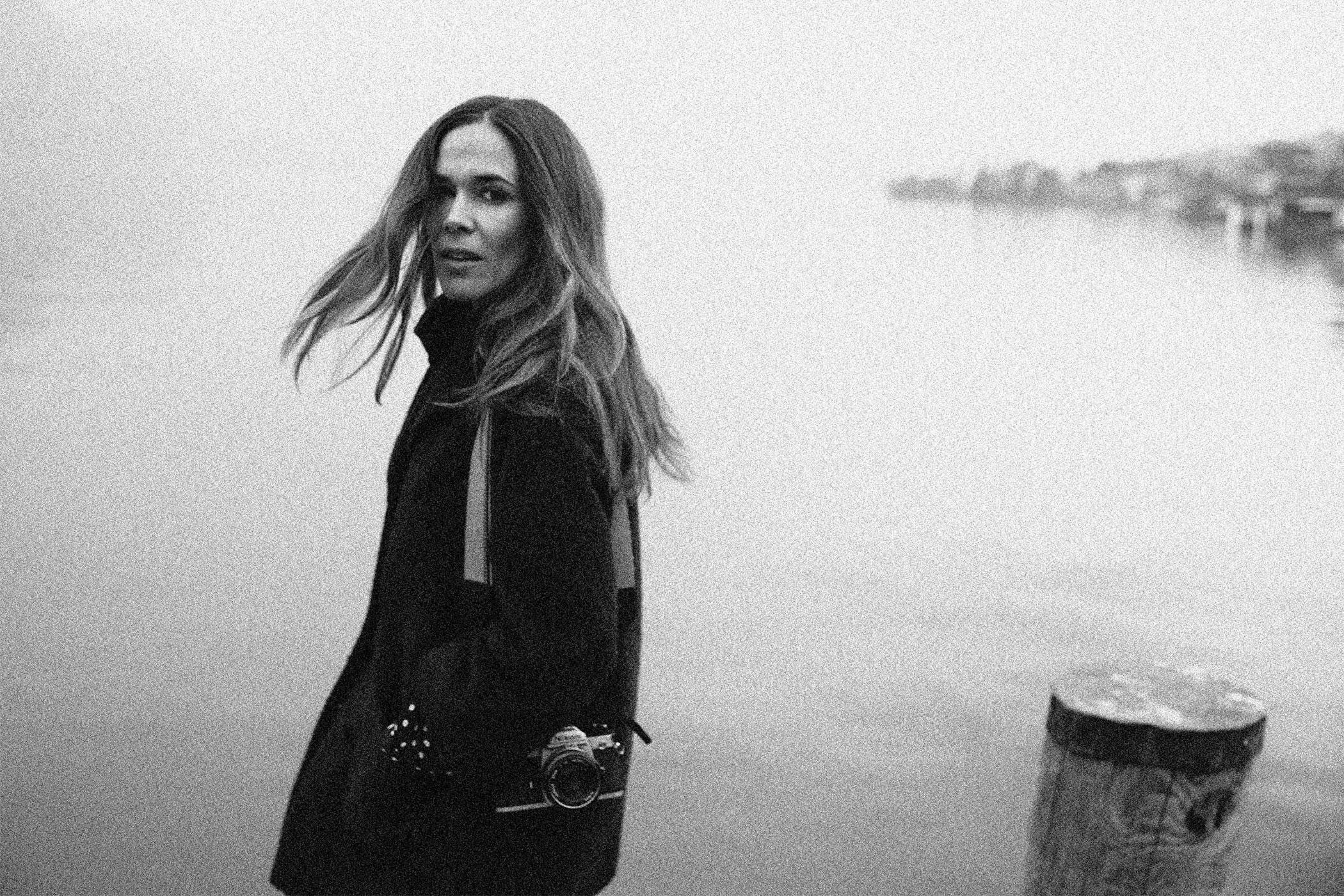
Conversation with Sophie Ebrard:
from ad exec to photographer
Sophie Ebrard left the advertising industry to become a photographer a decade ago. Things quickly went her way and her work is well known across the industry.
So what’s her secret? Sophie’s work is indeed beautiful, timeless yet fresh, and with a colour palette so captivating it makes you want to climb inside the frame.
In the second of a two-part interview series, we talk to Sophie to find out more about her transition to photographer and director and how she got there.
Let’s talk about how you became a photographer. You had a career in advertising up until almost a decade ago. How and why did you switch things up?
I grew up in the Alps. My parents are pilots so doing art school or something like that was so different to what I/they knew. There was no internet, so it was harder to understand which schools to go to. So I went to business school and then into advertising (working on the account side). I’ve always taken pictures and been really creative but didn’t think I could be a creative in advertising. It didn’t really interest me. But I loved being around creatives and on set with photographers. I think it just took me a decade to understand that I was not that type of person. It was really killing me. Especially as the industry has changed so much. Twenty years ago [when I started] it wasn’t global, it wasn’t as fast and the focus was more on creativity. Suddenly you start working on jobs that are very global and there’s very little creativity in there. So I did burn out and after that I knew I wanted to do something for myself.
So I started out as a photographer. I just thought I’d have a go, maybe I wouldn’t even make it but at least I would have tried. On 6 January 2010 I started to call myself a photographer. I was really lucky because London (where I was living at the time) is very different to other parts of Europe; people give you a chance. One of the ad agencies I’d been working at (Mother) gave me my first job and I quickly got other commissions, won awards and had an agent two or three years into it [Wyatt Clarke & Jones]. It all moved really fast.
Wow, that is quick. Your portfolio is impressive. You’ve amassed a serious body of work and shot some great campaigns.
One reason I think things worked out for me is because there was no Instagram back then and I didn’t really know any other photographers much – I wasn’t really aware of what work was out there. So when I started shooting, I began building a body of work that was just me, there was no other influence. I had a great friend who was my mentor, Norman Jean Roy [the Canadian portrait photographer]. I met him when I was still an account person and told him I wanted to be like him and asked how to do it (I realise it’s a bit like asking Federer how to be a tennis player). He was kind enough to help me and said ‘Don’t go to art school, you don’t need to. Just take pictures’. It sounds really simple as a piece of advice but it worked.
Because I never had formal training and didn’t go to art school, I began developing my own style quite early on. I’m self-taught, and I never assisted, so I had very little technical knowledge when I started. At the beginning of my career, I had to listen to my own intuition, it was very much an instinct thing. That’s how I quickly developed a body of work that is very me and still feels relevant to me 10 years later. Over the years, things progressed quickly, as did my knowledge, but I feel the core essence of my work remains the same.
It’s interesting you didn’t take long at all to arrive at the aesthetic you now have. Your work really is very beautiful. And I’m struck by the unifying colour palette throughout most of it.
My website has almost all of my work on it; the overview on there is my 10 years’ of work. Maybe some of the colours have changed a little bit but it’s mainly very similar.
One thing I’ve also tried to do is stay true to who I am when shooting commissioned work. And try to make the most compelling images the client will be happy with.
Can you pinpoint what’s helped you along this road?
When I started out as a photographer I was 33. I had life experience and also knew the advertising business. If you come out from art school and you don’t know anything about the industry, it can be a bit daunting going on a job with people telling you what to do. But I was used to this kind of environment. So I would say life experience plays a big part. I would never be where I am otherwise, I don’t think.
I feel that my background in advertising has proved unexpectedly useful in terms of growing my career, both in the opportunities it has thrown up (my first paid commission was for one of my ex employers, Mother) as well as setting really high standards when it comes to the finished product.
There’s a rawness to being fresh from college, which can be great. But self-awareness and life experience: seeing more of the world, understanding human beings a little better and the stories that weave through life and connect us to one another – all this you become more attuned as you get older.
You know more about what you want and how to reach it. If I was to start out today it would be really hard. Sometimes I want to stop looking at Instagram because I’m following some photographers and you see the work out there and can get a bit paralysed. I can only imagine what Instagram and social media can do to the people who are starting out now. It must be hard to challenge yourself to find your own voice.
Your style feels kind of romantic and whimsical to me, slightly nostalgic but very relevant and current. A happy cross between two worlds. Perhaps that’s why the emotion feels so strong in your pictures.
Do you still shoot mostly on analogue?
Yes, for most of my work I shoot analogue. When I shoot commissioned work I will also always take an analogue camera with me. I find it’s a way to sometimes liberate myself from the constraints of the brief. It’s easy to get caught up in them. The idea is to find ways to make an even greater picture with all the constraints from the agency/client and try things differently. It often works. And a film will also always be so much nicer for the kind of work I do. You can’t explain it. There’s something about it that is magical and beautiful.
Do you have any other favourite projects? Would It’s Just Love be one?
Yes, definitely.
I know it made headlines globally at the time. But for those who don’t know, can you tell us what this project is about?
It’s Just Love is about me going on porn sets around the world with that director. The images were set to challenge the preconceived ideas many have of the world’s most profitable industry.
The exhibition was a multi-sensory experience (similar to I Didn’t Want To Be a Mum) with a set design, sound, moving image, a perfume and recordings of the actors’ voices talking about their work. The project is not about making a statement about how the industry is; it’s more saying that when it’s done properly, it’s very human, and that it can be beautiful.
You do seem to have a knack for finding the beauty and poetry in things, especially with this project.
I think if I was to describe my pictures I would use the word beauty. Wherever I am in the world I’m trying to find beauty and I think it’s my naïve eye that makes me see the world in a beautiful way.
You spent four years shooting this series, didn’t you?
I did, yes. Whenever I came back from sets, people would always ask me if it was horrible and I felt it was fun, it was beautiful in some ways. It was a really interesting project to do because going into worlds that are not easily accessible to normal people is what I long to do.
The porn industry is no different to any industry really. And just being in that world, being a chameleon, getting to understand what people love and why they are doing this job was very interesting. It’s this holistic approach that I really love. I love diving into people’s lives and understanding their world.
How did It’s Just Love come about?
I had been shooting for two years and none of my work was pushing it much, it was a bit polite. So I wanted to stretch myself. But I didn’t know how to ask people ‘Can I take pictures of you naked or having sex?’ So I went to a swingers party with a friend and started to try and find people.
It was the first time I’d ever seen someone having sex in front of me and that was quite an eye opener! It was pretty amazing to see how beautiful the human body was and how beautiful it was when people were having sex – it was fascinating, I really wanted to have my camera.
When I met the porn director that night, he invited me to come along on a project and try and take pictures. It was an invitation too good to refuse.
The images in this series do have a lyricism to them, almost a Renaissance feel to the palette and the forms within each frame. There’s definitely a painterly quality to a lot of the work.
Thanks for saying that. I researched the colours I wanted to be in this series quite a lot. I was really specific on the exact colour of the skin tones. I spent quite a lot of time at The National Gallery [in London] actually trying to work out the colours in old masters’ paintings (like Caravaggio paintings). His skin colour tones are really specific, as well as the reds. I spent a lot of time trying to understand what colour skin I wanted and what sort of reds in each image. I love the retouching we have done.
You also direct. What effect does being a photographer have on motion?
I think it’s a natural progression to be a director and be telling a story. I’ve shot two or three commercials now and it’s still about storytelling. It’s very similar to my pictures in a way. My pictures are not just about beauty, they are telling a story. And with moving image, you have even more scope to do this. I am a photographer at heart, it’s the medium I chose at first and am still in love with, but I want to experiment and shoot more moving image.
Being on both sides of the ad industry, do you have any helpful advice?
I now realise that every time I did something because I loved doing it, the photographs were my best work. When you try and do something that doesn’t fit, just because you think people could be interested in it, you can see your heart isn’t in it.
With I Didn’t Want To Be a Mum, I was really passionate about doing the work. But it wasn’t even about the results. When I started shooting and doing the work, it was not supposed to be seen publicly. These images were more for me as a way to process and to heal and understand more about what had happened throughout my first years of motherhood. So I poured my entire heart into it.
If you are passionate about something it will show in your work because it’s the truth.
It all makes complete sense. But perhaps it’s easier than we think to forget all this.
With It’s Just Love I really struggled to find a gallery to showcase the work until I found Unseen. This was a blessing in a way as this helped me reinforce exactly what I wanted to say and how. It gave me a freedom I might not have had if I had partnered with a hands-on gallery.
Who are some of your female photography idols past and present?
From the past, photographers like Annie Leibovitz, Diane Arbus and Gerda Taro. Someone else I really love is Sophie Calle [the French photographer, installation and conceptual artist]. I have always been inspired by her exhibitions. Her work is so powerful and intimate. And such diverse subjects.
Good role models to have!
